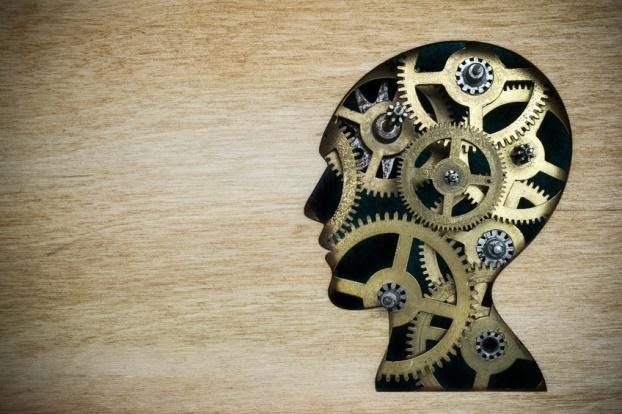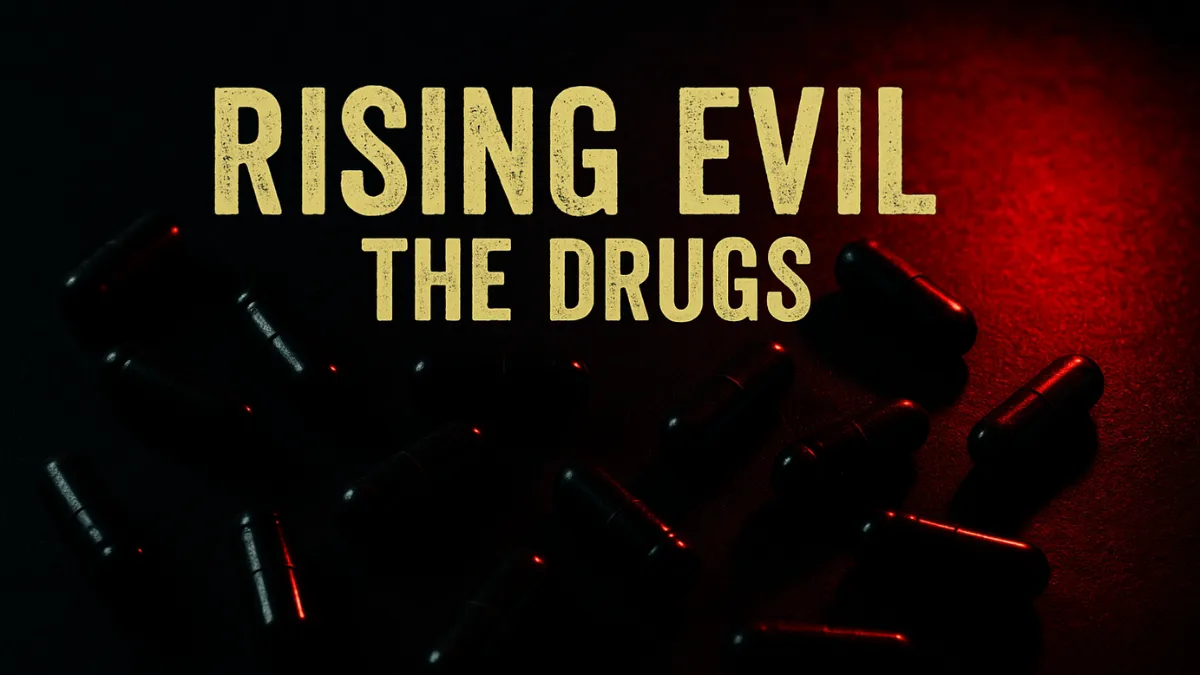Last Updated on November 25, 2021 by Nyayik Vigyan
The Psychological Autopsy (P.A) is a method to comprehend the psychological condition of a perished individual before death by remaking what the individual felt thought and did going before their passing. This is a Reconstructive Mental State Evaluation (RMSE) that can be characterized as a specialist request concentrated on observing some part of the psychological condition of an expired individual at a prior point in time. The recreation technique is completely founded on the individual records, clinical report, police inquiry, and eye to eye interviews with family, companions, and other people who are associated with the individual before their demise. Psychological Autopsy (P.A) is basically a psychological state assessment of the perished. The mental post-mortem examination advanced as a strategy to help explain reason for death, especially in the evaluated 20% of cases introduced to a clinical analyst/coroner where the exact method of death is hazy. All things considered, a mental dissection is an analytical apparatus that its advocate’s guarantee can help during the time spent building up whether an obscure demise was the aftereffect of regular causes, suicide, mishap, or murder. It was created by two clinicians in 1950’s. The expression Psychological Autopsy was begotten by Edwin Shneidman, Norman Farberow, and Robert Littman. This article clarifies the significance of mental post-mortem examination and its application in getting suicides.
Process
Although there is no well-developed conceptual or theoretical basis for deriving conclusions from the various
sources of information collected as a part of a psychological autopsy. It appears that the professionals involved draw upon their experience to relate the facts of symptoms or syndromes that they would encounter in daily practices. Inside the setting of a legal examination a mental post-mortem examination is utilized as an information assortment apparatus, the most well-known source being meeting information acquired from the loved ones of the expired. The idea of the data gathered would normally incorporate the accompanying: * Anecdotal data (age, conjugal status, occupation). * Individual data (connections, way of life, liquor/sedate use, wellsprings of stress). * Optional data (family ancestry, police records, journals).
Ethical Issues
Ethical issues are one of the primary viewpoints while doing psychological autopsies. It is generally simple to accomplish accord on moral standards, however, the trouble lies in the pragmatic application in struggle circumstance. There are many ethical considerations to be taken while designing and carry out such investigations. They include taking consent from the participants, establishment mutual respect, and ensuring the confidentiality of the facts. Participants also have their right to except that the procedure will be carried out insensitively designed format and there can be legal action if the key informants feel right and dignity has been infringed.
Admissibility
Legitimate utilization of mental post-mortems includes examinations of a single death so as to explain why or how an individual died. These frequently include illustrative understandings of the death and may incorporate data to support family and friends better comprehend why a shocking demise occurred. This is extremely useful in instances of suspicious deaths. Despite numerous weaknesses of the proof and technique utilized in the mental autopsies, there is unquestionably proof to help the legitimacy of mental post-mortems as an insightful tool. The weight of proof required over the span of examinations is unique in relation to that which is required in court.it can be say that mental post-mortem is more applicable outside the court than inside the court.
Limitations
The significant restriction of this is neither very much characterized nor normalized for operational use. One significant concern is that there doesn’t seem, by all accounts, to be orderly technique set up for the direction of these meetings. Another zone of concern is that relying upon the idea of the case under audit, the method will change from one case to another and the time span between the passing and meeting will influence the nature of the data got.
Psychological Autopsy in India
Although Forensic psychology reports are not admissible in courts but this field is still emerging in India and many researches have been conducted in this field. There are many cases where psychological autopsies are used for giving investigation away. Some cases are listed below:
Sunanda Pushkar (2014): This case was of when Indian business-women named Sunanda Pushkar and the wife of Indian former diplomat and politician Shashi Tharoor was found dead in mysterious circumstances in a hotel room at Delhi. Police at first thought it was a suicide but when postmortem was done it was found that it was a natural death. But later on, a psychological autopsy was done by interviewing her friends and family repeatedly and after four years it was concluded that she was murdered by her husband Shashi Tharoor.
BURARI CASE (2018): This case was one of the shocking cases of Delhi where 10 out of 11 members of the family hang themselves. While speculations round the death still multiply, reportedly cops are considering to choose a psychological autopsy. Since the tragedy is clouded in uncertainty, authorities consider this a way to realize some clarity on what led the family to require such drastic measures. The result of this lead to the conclusion that mass suicide was the case of a ritual that is gone wrong.
Conclusion
Although psychological autopsy doesn’t have a standardized procedure and doesn’t contain well-developed concepts it is purely based on the facts which are drawn by the professional by conducting interviews of family members and studying the records of the deceased person. Information collected from psychological autopsies is not that reliable but it helps in creating a mosaic that is more expressive than factual. The systematic conduct of psychological autopsy will provide valuable information in understanding the state of mind of the person which helps the investigation to reach a more convincing conclusion.
References
- Jay Siegel. Encyclopedia of Forensic Science part one. First edition. London: Elsevier publication; p 1281-1282.
- Psychological autopsy: https://www.all-about-forensic-psychology.com/psychological-autopsy.html
- O’Connor, R.C., & Nock, M.K. (2014). The Psychology of Suicidal Behaviour, Lancet Psychiatry, 1: 73–85.
- Heeringen, K.v. (2001). The suicidal process and related concepts. In: van Heeringen K. editor. Understanding Suicidal Behaviour. Chichester: John Wiley & Sons Ltd, 136–59.
- CAVANAGH, J. T. O.; CARSON, A. J.; SHARPE, M.; LAWRIE, S. M. Psychological Autopsy Studies of Suicide: a Systematic Review. Psychological Medicine 2003, 33 (3), 395–405.
- Photograh Source: inpublicsafety.com












Leave a Reply